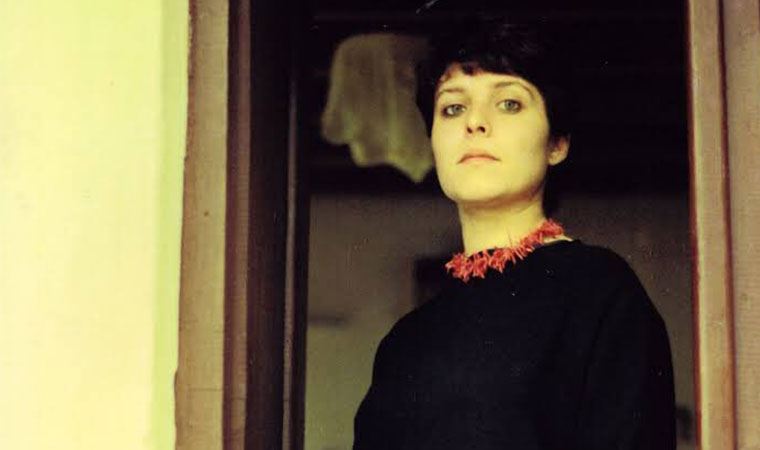A Short Life On The Ladder Of Despair: Nilgün Marmara
A SHORT LIFE ON THE LADDER OF DESPAIR
Sylvia Plath’s reflection in Turkey, Nilgün Marmara, would have turned 66 this month if she had not ended her life by throwing herself from the fifth floor at the age of 29, saying “How beautiful it was for childhood to surrender itself innocently to the flow. What a loss! No new life can begin with this depletion, so Ibid farewell to all my loved ones. Forgive me!” Here is the life of Nilgün Marmara, the melancholic poet of Turkish literature.
She was one of two daughters of a Balkan immigrant family, born on February 13, 1958. After completing high school at Kadiköy Maarif College, she enrolled in the Turkish Language and Literature department at Istanbul University but could not continue her education there due to political reasons, so she prepared for the exam again. She was accepted into the English Language and Literature department at Bogaziçi University and graduated in 1985 with her thesis titled “Analysis of Sylvia Plath’s Poetry in the Context of Suicide.”
The 1980 coup had a significant place in Marmara’s life; she had started writing poetry during this period but had not shown it to anyone. Her university friends would say that Marmara didn’t attend classes much and would nestle on the stairs above the middle cafeteria of Bogaziçi like a strange bird. Nilgün Marmara saw Sylvia Plath as someone who left a mark on her own inner self. That’s why she had studied her life extensively at university. Sylvia’s view of the individual’s loneliness and its existential significance had a great impact on Marmara. Like Sylvia Plath, who embraced solitude, pain, and suicide in her poems, Nilgün Marmara also chose the same ending.
Although her literary side did not stand out during her lifetime, shortly before her death, she gave everything she had written to her husband. After her death, her texts and poems were separated and edited, and were published in two separate books titled “Daktiloya Çekilmig Siirler” and “Metinler”. Later, at her mother’s request, her diary was published under the title “Kirmizi Kahverengi Defter”.
After her death, debates and rumors began. There were accusations that it was not a suicide but a murder, and her husband Kagan Onal responded to these accusations:
“Although Nilgün needed treatment, but she was avoiding doctors. When the doctor came, she wasn’t at home. The doctor had waited. When she came, they talked. The doctor said to me, ‘Your job is very difficult, she needs treatment, but she is very intelligent and cultured. So, one of the most difficult cases.’ Because of her recovery, she shouldn’t engage in intellectual activities. They would prescribe medication, and she would comply. nI cases of moderate culture and intelligence, this disease manifests itself in the 20s. It’s successful with lithium treatment. But Nilgün was not that type. Convincing her to get treatment, to be satisfied with the treatment, all of that was a problem. So she didn’t get treatment. On the day she died, she promised me that she would start treatment.”
We remember Nilgün Marmara with mercy…
Elifnaz DİKİCİ
Etiket:art, dilko social, Nilgün Marmara, Slyvia Plath




